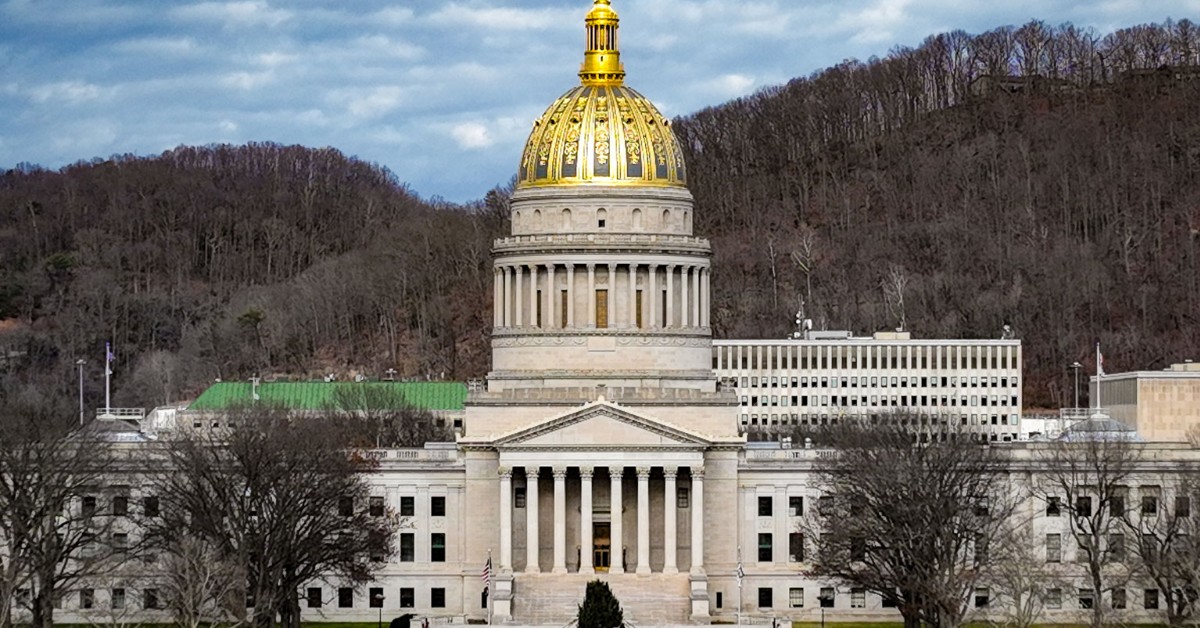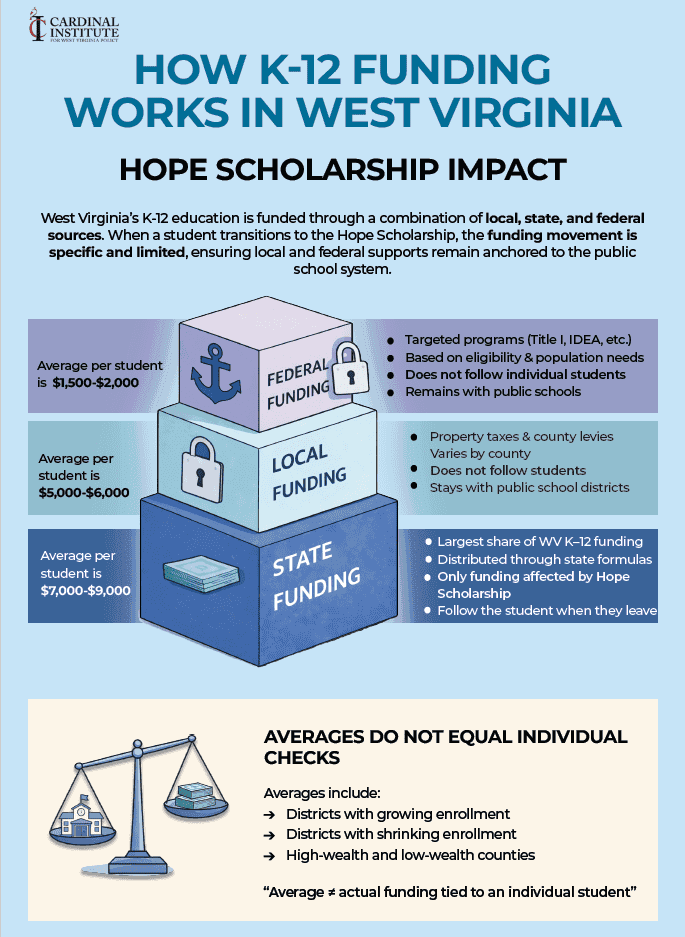
States Should Celebrate New Businesses
What a State Celebrates Matters
Show me what a state celebrates, and I will show you what a state values. For now, one would have to assume that revenue is the “highest good” for the state’s political leadership. On one level, this is understandable, but it’s important to recognize that this is, ultimately, flawed. More on that in a moment. Instead states should celebrate milestones like the number of new businesses opened.
Revenue or New Businesses: Which is Better?
The state’s political psyche would be much better served by celebrating the number of businesses started each month or year. Consider it a chiropractic realignment on what should hold prominence in the minds of lawmakers.
West Virginia Revenue Collections
West Virginia is a state beset with volatile “revenue” (political euphemism for tax collections) sources. This is due to the ups and downs of some of its major industries, particularly energy. When natural gas and coal prices go up, West Virginia’s tax collections go up. The energy industry is also a proxy for tax collections in the personal income and sales tax realms. If the industry does well, employees tend to do well. Thus spending increases on several related fronts which further swells the state’s coffers.
Budget Shortfalls & Surpluses
During the last decade, West Virginia faced relatively severe budget shortfalls that prompted a lot of debate on the best ways to fill the gap – those on the political left favored tax increases, usually on the “wealthy” and politically-unfavorable industries like coal, while those on the political right tended to favor spending cuts or some combination of tax increases and spending cuts. The budget deficit debates dominated the statewide discourse for months on end often prompting political circus stunts that would have made P.T. Barnum blush.
As a result, the state’s political leaders have a bit of PTSD and have focused on budget surpluses as the prime indicator of whether the state is healthy. Anything to avoid the calamity of the previous half decade. Again, it is understandable considering the shortfalls West Virginia faced in previous years and as a proxy for underlying economic activity, but it is simply insufficient and, ultimately, sends the wrong message.
It is important to remember that budget surpluses, at their most fundamental level, represent an amount of money that is not creating value in the saving, investing, and spending habits of West Virginia’s taxpayers, small businesses, and entrepreneurs. It is the amount of money above and beyond what was required to fund the day-to-day activities of state government, and the ongoing fetishization of revenue collections further entrenches government as the prime concern of, well, government.
Welcoming New Businesses to West Virginia
This is not to say that lawmakers, the concomitant political infrastructure, and media need not be concerned with tax collections. Quite the contrary. However, the state must begin to focus on the actual health of the underlying economy and value-creators. Through its Business Statistics Database, the West Virginia Secretary of State releases data on how many new businesses were started on a county-by-county monthly basis. In total, nearly 1,253 businesses were started in May.
The number of new businesses is exactly the type of data that policymakers should place on the pedestal. As much, if not more than, how much money state government is taking in from its citizens. If West Virginia is going to fully realize its march towards becoming more entrepreneur and family focused, then it requires a complete rethinking of the type of accomplishments it celebrates and what it considers an accomplishment in the first place.
Our political leaders must recognize they play a vital role in shifting the state’s – by “state” I mean everything from the average government employee and bureaucracy to the everyday citizen and media infrastructure – focus from government to the private sector.
Let’s celebrate the doers in West Virginia. They deserve it. The state needs it.
Garrett Ballengee is the Executive Director of the Cardinal Institute for West Virginia Policy.








